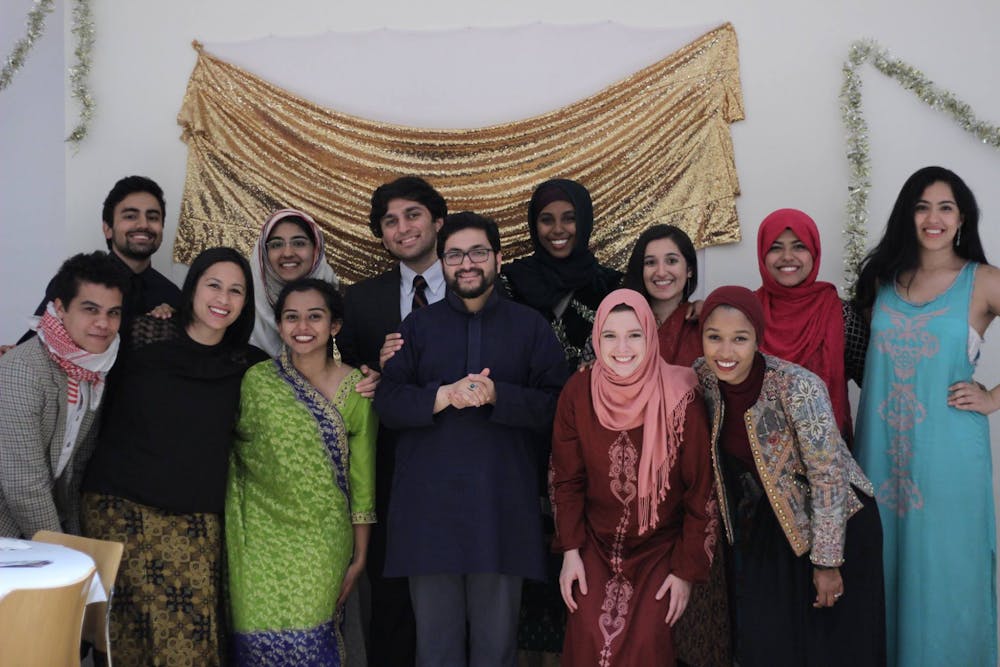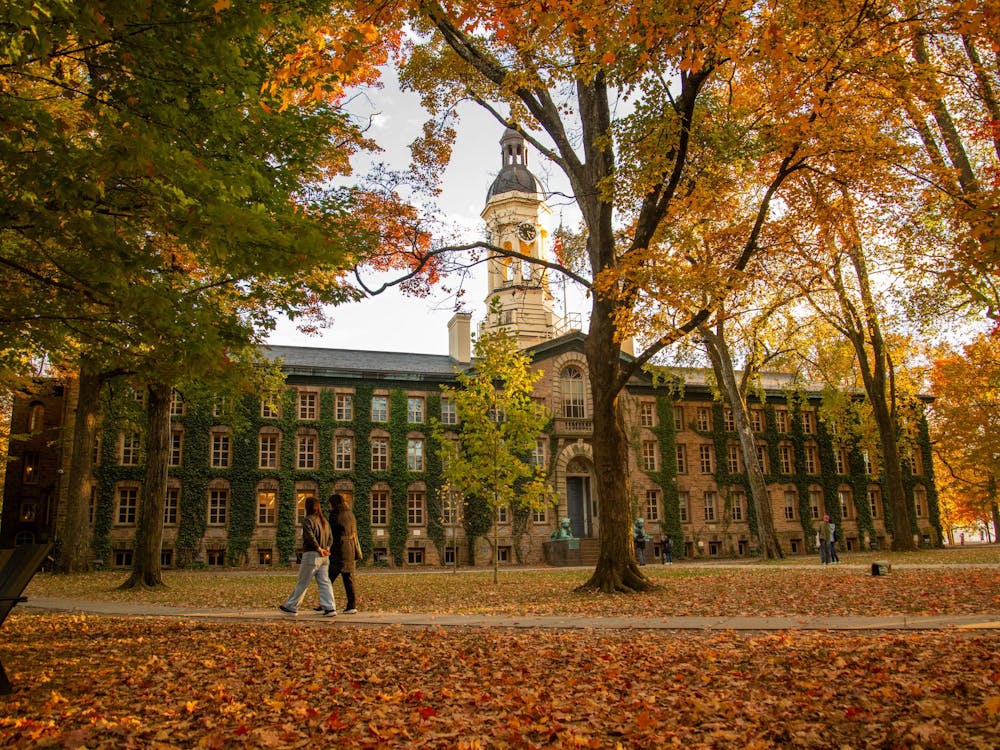In the past week, there hasn’t been much scheduling change for the majority of Princeton University students. However, Muslim students are now over a week into the holy month of Ramadan. This school year differs from others because the entire month of Ramadan will take place during the school year and before final examinations begin.
Ramadan is a time Muslims all around the world look forward to every year, because the holiday emphasizes selflessness, spirituality, and community. During Ramadan, Muslims cannot consume any form of food or liquid from dawn to sundown. Typically, Muslims will wake up before dawn to eat a hearty meal called suhoor to give them the energy needed for the rest of the day. For Princetonians, the fast lasts between 15 and 16 hours (Ramadan’s occurrence each year is determined by the lunar calendar, and as the month goes on, dawn will be earlier and sundown will be later).
Although Muslims abstain from eating and drinking, Ramadan goes far beyond that. Muslims are also encouraged to avoid gossiping, cursing, and arguing. Ramadan represents a huge opportunity for Muslims to deepen their spirituality and relationship with Allah, which is done through extensive reading of the Qur’an, taraweeh prayers, and dua (supplication).
Princeton University’s Muslim population will be juggling the rigorous demands of Ramadan on top of an already demanding lifestyle. The University has provided some accommodations for Muslim students who will be taking part in Ramadan. Mainly, it provides suhoor boxes that students can pick up every dinner from their residential college dining halls, which contain yogurt, a bagel, fruit, juice, and water. I applaud Princeton for also including dates in the suhoor bags, since Muslims typically break their fasts by eating dates and drinking water, following the example of the Prophet Muhammad SWT.
For Iftar, the majority of Muslim students are utilizing to-go boxes from the dining halls. Currently, the fast is being broken at around 7:30 p.m. and gets progressively later each night. This doesn’t allow much time to sit in the dining halls to eat because they close promptly at 8:00 p.m. When I spoke with Princeton University Muslim Chaplain Imam Khalil Abdullah, he emphasized the willingness of Princeton Dining Services to work with him in providing halal options for Muslim students and becoming more supportive during Ramadan.
However, there still are a multitude of improvements the University can implement to better the Ramadan experience for students in upcoming years. On the suhoor boxes, Fardowsa Shidad ’25 wanted Princeton to “diversify the options for the suhoor boxes because every day you’re having the same thing.” She said “it makes me not want to eat suhoor. I am only having two meals a day if I choose to suhoor. If everyday I know I will be having a bagel, then I’m just eating less and less.”
Shidad’s remarks show that the lack of options in the suhoor boxes can be a challenge for Muslim students. For Ramadan next year, asking for student perspectives on what should be included in the suhoor box could be a potential solution, says Shidad. I agree that there can be more options provided for suhoor, as eating the same food every morning for 30 days straight can be exhausting. While some students are supplementing their suhoor with their own food, no one should feel compelled to do so.
As for Iftar, the University needs to improve on providing halal options to students more consistently. During the week of April 3 to April 9, there were no halal entree options available for students for three days straight. While this issue was resolved this week, oftentimes halal options are limited to only one dining hall. Students either have to go out of their way to that dining hall or stick to the halal burger and grilled chicken available at other dining halls.

There are two ways for the University to combat this issue in future years: either increase the halal options in all dining halls, or follow what other universities such as Yale has chosen to do, which is to designate one dining hall to be the primary dining hall for fasting Muslim students. Fawaz Ahmad ’22 supports this idea, saying that a dining hall being open “30 to 40 minutes extra would allow Muslim students [to] congregate at that dining hall.” In addition to fostering a better sense of community among Muslim students, a designated dining hall for Ramadan that stays open for longer would allow Princeton’s Muslims to sit down and enjoy their primary meal of the day.
Another prominent concern is related to space and access to one another for the Muslim community during Ramadan. According to Shidad, “The school needs to consider an actual space that Muslim students can use to practice their faith. The school needs to have a space designated, for example every taraweeh space being available from 6 p.m. to 3 a.m. Something that’s known, so we don’t have to move furniture everytime we want to pray [referring to the current taraweeh space in Butler College’s 1915 room].” She added that many Muslim students “don’t feel like they have a space, they are always hoping around.”
Ahmad concurred: “I think honestly given the nature of Ramadan being a full day experience, it’s not like Muslim students only need a space at night, although that’s when they primarily need it for prayer, Iftar, but I also think Ramadan being a community building time in general having a more consistent space for students throughout the day or reserved for the entire month is … an accommodation that would be very nice.” Clearly, from what Shidad and Ahmad have said, it is critical that Princeton secure a space for Muslim students during Ramadan. Beyond this holy month, the Muslim community having access to adequate space needs to be an institutional priority.
Given how the Muslim community has expanded throughout the past few years, and Ramadan will be a time the University has to navigate consistently in the future, there needs to be stronger leadership and collaboration with Muslim students to provide an optimal fasting experience on campus. Above all, Ramadan is really a month of cultivating spirituality and personal growth.

Achieving these religious goals is already challenging enough given the restless Princeton environment. This is why structural support from the University is even more essential. There is reason to be optimistic that Princeton will rise to the challenge. Imam Khalil shared with me: “I feel embraced and supported as a voice and advocate for the Muslim community. Other Muslim students and I hope to feel this same support in the next school years of fasting during Ramadan.”
Ndeye Thioubou is a first-year from The Bronx, N.Y. She can be reached at nthioubou@princeton.edu.








